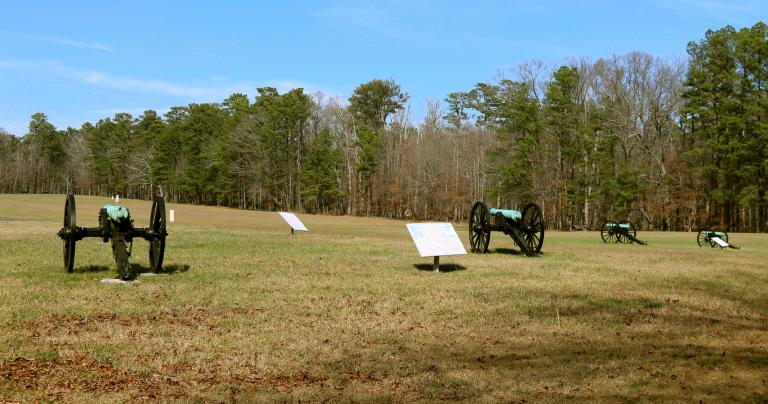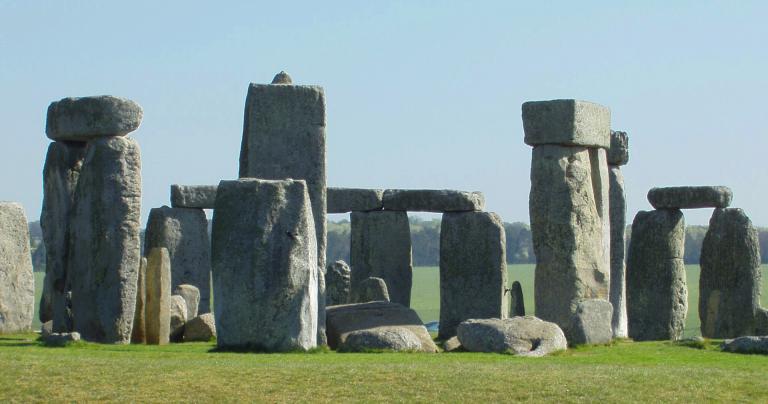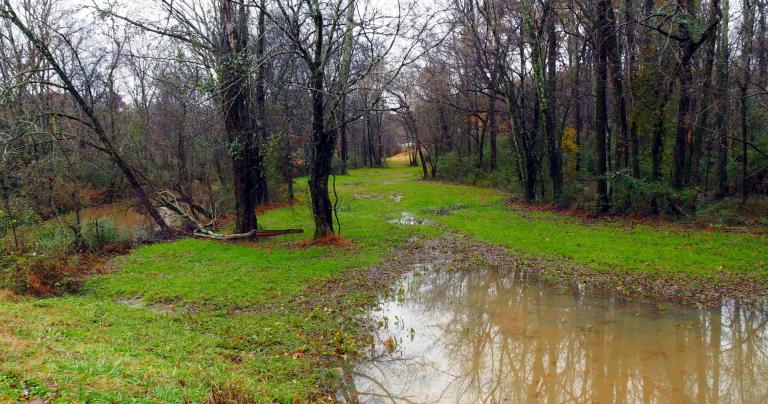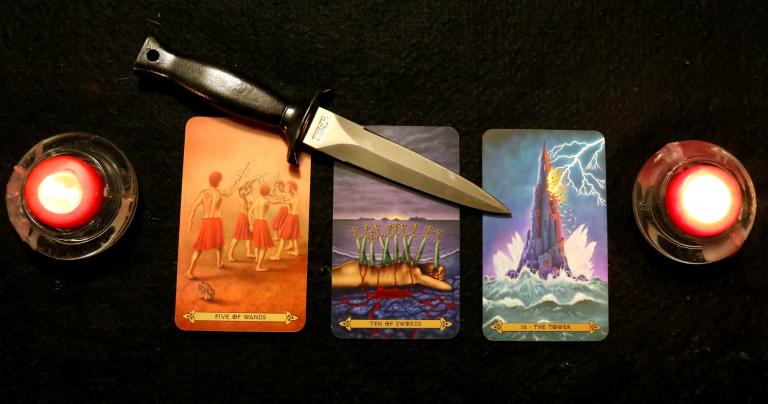I can’t count how many times I’ve read “Paganism is dying!” over the past couple of weeks. A few of those pronouncements expressed sadness, but most were filled with a satisfaction whose righteousness depends largely on your point of view.
I’m not going to list all the controversies driving these portents of doom, not because they’re not valid (some are and some aren’t) but because I don’t want to debate their merits here. That’s not the purpose of this post. If you don’t know what I’m talking about, go read the last several weeks of The Wild Hunt. They haven’t covered all these situations as well as I’d like, and in one case they were the cause of the problem. But they let the wider Pagan community know what’s going on, and that’s why I still support them.
What I want to address here is the idea that because there’s controversy, or bad behavior, or because some institution is failing, the movement itself is dying. Paganism is dying because we don’t respect our elders, or because our elders did bad things and haven’t repented. Paganism is dying because we put environmentalism before the Gods, or because we put the Gods before environmentalism. Paganism is dying because big name events, websites, and publishers include people we think they shouldn’t, or because they exclude people we think they should include, and in either case they never handle difficult situations the right way.
Mind you, I’m not saying “it’s all the same” or “both sides are wrong” or “we should tolerate anything and everything.” I have an opinion on all these controversies and I’ve expressed a few of them, most quietly but some more vocally. While it’s good to take a stand and especially to support your vulnerable friends and co-religionists, if you need to make a public statement on every controversy I have to wonder how well you’re living your values. If you’re a regular reader of this blog, you probably know where I stand on most issues. If you aren’t sure – and if you care what I think – just ask.
What’s right and what’s wrong on a given issue is important, but that’s not the point of this post. The point of this post is that controversy and the fall of various “Big Name Pagans” is not evidence of the death of modern Paganism.
Paganism was never one thing
We often talk about Paganism like it’s one thing. I do it too: Pagan is one of the titles I claim in the header of this blog, which is on the Patheos Pagan website. I write about Paganism all the time. My first book is titled The Path of Paganism.
But Paganism isn’t one thing – it’s a collection of many things. It’s a religious movement with four centers. It’s a big tent that includes many different religions, traditions, and spiritualities. It’s a hundred varieties of Wicca, fifty varieties of Druidry, countless ethnic reconstructionisms, different ways of non-theistic Nature worship, and much much more.
It was the same with ancient paganism (lowercase intentional). The religion of the Celts was different from the religion of the Romans, and both were different from the religion of the Egyptians. And although Egypt was remarkably stable over 3000 years, its religion also varied from place to place and from dynasty to dynasty.
There is value in the term Pagan and I think we should continue to use it. But it’s much more than one thing.
Paganism is more than any individual
Ancestor veneration is a big part of my regular spiritual practice. That includes not just my ancestors of blood but also my ancestors of spirit – some of whom are still living and aren’t ancestors yet. We owe a debt of gratitude to those who came before us and who laid the foundations on which we build. Most of us understand this intuitively, and we rightly hold the ancestors and elders of our traditions in high regard.
When we find that those we respect did bad things, or are accused of doing bad things, or make excuses for others who do bad things, it can be devastating.
But as influential as various personalities have been in the development of modern Paganism (and in most other religions too), they do not define it. A religion centered around a living human isn’t a religion, it’s a cult – in the common usage of the term, not the academic usage.
Our Paganism (or Paganisms, if you prefer) is grounded in Nature, in our Gods, in our communities, and in our own better selves. Cults of personality aren’t helpful and they must die.
Paganism is decentralizing
I’m not sure how centralized Paganism ever was. But we certainly talk about it like it was centralized, or that it should be centralized, or that it’s inevitable that it will be centralized one day. That’s not going to happen.
The future isn’t solitary either. Now, solitary practitioners will remain a large portion of the Pagan movement. But solitary practitioner are, well, solitary – they work on their own and so their influence on the movement as a whole is minimal.
The future of Paganism is decentralized. It’s small groups that meet in someone’s living room and create a family that can support each other in the mundane world. It’s large organizations with autonomous chapters in different locations around the world. It’s scholars and mystics and priests working together to restore and reimagine the cults of the Gods – and here cult is used in its academic sense. And it’s hundreds of independent paths and traditions, most of which will only last a few years, but some of which will turn out to be powerful and strong and relevant and will be around for generations.
Are some Pagan traditions and institutions dying? Yes. But there are many more that are doing just fine, and still more are developing all the time.
I still support the Big Tent of Paganism…
“We must all hang together, or assuredly we shall all hang separately.”
Benjamin Franklin is credited with saying these words at the signing of the Declaration of Independence in 1776. Turns out that may have been literary license by his biographer 50 years after his death. But whether he said them or not, they were true.
Our situation as modern Pagans isn’t quite so dire. But we are horribly outnumbered, and the only reason Christian conservatives aren’t ranting against us (more than they already are) is that they’re more afraid of Muslims and atheists. We need to work together where we have common cause, especially on respecting religious diversity and preventing religious discrimination. And we need to pool our resources to support pan-Pagan events and institutions – to do together what none of us are big enough to do separately.
…But I’m a polytheist first
When I moved Under the Ancient Oaks to Patheos in 2013, Christine Kraemer and I came up with “musings of a Pagan, Druid, and Unitarian Universalist” as the subtitle. I still wear all those hats. But if I was starting over today I’d work “polytheist” in there somewhere. My first religious commitments are to my Gods and to my co-religionists. And those commitments aren’t dying.
No fallen elders can break the ties between me and the Gods I serve. No racists, homophobes, or transphobes can come between those of us who gather in our common grove, whether that grove is in this world or the next. No manipulative mages can rob me of the magic that is my birthright – and yours.
Even if the entire Pagan movement crumbled, my ancestral, devotional, ecstatic, oracular, magical, public, Pagan polytheism would remain. I have made oaths with Gods. I have made oaths with my co-religionists. These oaths do not have an out-clause – and I don’t want one.
Real religion is messy
Most of the world follows religions that are hundreds and thousands of years removed from their founders. Their mythology is that their founder created a perfect tradition (even if their founder never claimed to do so) and that they have the best version of that tradition in existence.
Modern Paganism has no such illusion. We are inspired by our ancestors, but we’re figuring how to do it here and now. And because we’re human, we’re making mistakes.
Some modern Pagan traditions were built on weak foundations – they’re crumbling. Some were built around personalities – they’re failing. Let’s learn from the mistakes of others and do better going forward.
Let’s be patient with those who mean well, firm with those who aren’t trying, and ruthless with those who harm others out of hatred or for their own amusement.
But the Pagan movement as a whole isn’t dying – far from it. It’s bigger than any one or two individuals, or any one or two traditions. It’s good when we can gather under the Big Tent, but it’s best at the local level, where people who know and trust each other explore their common beliefs and practices in depth.
Even if some of us fail – even if most of us fail – so long as people keep working and practicing and worshipping together and on their own, Paganism will never die.
For further reading
I’ve written on this theme before, under different circumstances.
Paganism Is Evolving, Not Dying
“Biological evolution does not care if a species is beautiful or ugly, fierce or timid, millions of years old or just diverged in the current generation. It only cares if it is well-adapted to its environment, and if it is either robust enough or flexible enough to survive environmental changes.
Religious evolution is equally merciless. While the power of government can prop up a religion long after its expiration date, in a religiously free society religions either adapt to their environments or they die.
Is your Paganism robust and adaptable?”
Rethinking the Big Tent of Paganism
“Our Christian-influenced mainstream culture assumes all religions are supposed to be universal religions. It hasn’t worked for them and it won’t work for us.
Instead, let’s listen as our Gods and spirits call us onto different paths. Let’s find the others walking those paths and work with them. Let’s build strong individual traditions and local groups that encourage exploration and mutual support.”


















